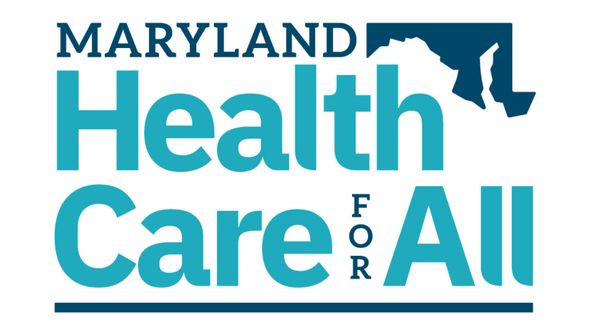The Daily Record
April 9, 2014
Bryan P. Sears
If you’re running for a seat in the Maryland General Assembly, Vincent DeMarco wants you to pledge to raise the state’s tobacco tax.
DeMarco, president of Maryland Citizens Health Initiative, said his group is sending 540 letters to candidates of all parties who are running for the House of Delegates and Senate.
“This isn’t an issue where supporting a tobacco tax can hurt you,” DeMarco said. “It’s an issue where not supporting a tobacco tax can hurt you. The people really, really want this.”
DeMarco is seeking a $1 per pack increase in the tax on tobacco in an effort to decrease teen smoking similar to a bill he lobbied for during the 2014 General Assembly session that ended on Monday night.
The bill this year proposed increasing the tobacco tax from $2 to $3 per pack and increasing the tax on other tobacco products from 30 percent of the wholesale price to 95 percent. The legislation would have also required the governor to spend at least $21 million annually on prevention and cessation programs.
DeMarco said the hope is to make the tobacco tax increase “a top issue” in the 2014 election for Republicans and Democrats.
The legislation was sponsored by 19 senators and 57 members of the House of Delegates. Some of those sponsors are leaving the General Assembly but DeMarco said those who remain will be considered supportive of the effort in 2015 for the purposes of his group’s pledge drive.
The push this year was an effort to lay the groundwork for passage of the legislation next year, according to DeMarco.
“The tobacco lobby is powerful,” DeMarco said. “The liquor lobby is powerful but the people are more powerful.”
Maryland Citizens Health Initiative will later feature the signatures in a grassroots campaign DeMarco said was “educational.”
“We do not endorse candidates,” DeMarco said.
Advocates in October released a 15-page report touting the success of the last $1 increase in 2008.
That report said the 2008 tax increase resulted in 15,000 fewer high school smokers and 99,000 fewer adult smokers. The report says those reductions resulted in a savings of $2.4 billion in combined long-term health care costs.
Last modified: April 10, 2014



